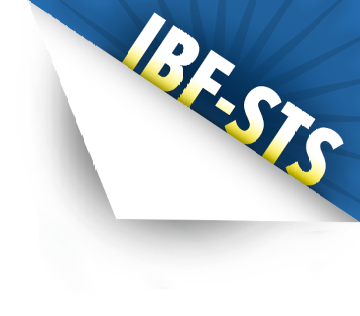“Your performance is either improved or diminished by the other people in your scenario…the undeniable reality is that how well you do in life and in business depends not only on what you do and how you do it, your skills and competencies, but also on who is doing it with you or to you….”
Dr Henry Cloud reminds us with his words that it is easy to get swept up in our daily operations. You go through routines, but we may also be juggling projects, changes, clients, technologies, KPIs and demands. It is important, whatever we are doing, to realize that the success of what we do is affected by people. This underscores the importance of stakeholders, and the skills required to identify, prioritize, engage and manage them well. The ability to work alongside key, if not all stakeholder groups to strategize and align to future value creation, will directly affect the reputation, profitability and market positioning of the organization.
This course aims to lead participants through principles, practices, strategies and tools that will sharpen their stakeholder management competency, and achieve personal efficiency.
Target Audience
Assistant Relationship Managers
Recommended for:
- Private Banking & Wealth Management
Course Objectives
- Internal and external stakeholder mapping.
- Activities involved in managing working level relationships.
- Organization’s policies, practices and procedures relating to feedback processes.
- Relevant methodologies and platforms used in collecting feedback.
- Considerations for data protection related to feedback collection.
- Principles of negotiation.
- Principles of conflict resolution.
- Project coordination.
- Execute feedback processes on practices and performance with relevant stakeholders using appropriate platforms and procedures.
- Document feedback from stakeholders, and highlight opinions and disagreements during interactions.
- Refine activities in stakeholder management plans in alignment with feedback received from stakeholders.
- Consider stakeholder interests in decision-making and operations to build trust.
- Escalate conflict situations to relevant senior team members.
- Maintain processes that allow for cultural sensitivity and managing conflicts.
- Implement communication plans to ensure that stakeholders are constantly kept informed.
Course Outline
Overview of Stakeholder Management
- Introduction to Stakeholder Management
- Listing the Stakeholders
- Importance of Stakeholder Management in Private Banking
MODULE ONE: Mapping the Stakeholders with Useful Mapping Tools
- Influence and Interests Tool 1 & 2
- Salience Model
- Daily Network Tool
MODULE TWO: Framing and Implement Stakeholders Management Plan
- Setting Objectives
- Clarity of Outcomes
- Matching Outcomes to Different Groups of Stakeholders
- Identifying Stakeholders
- Interacting and Applying the Various Tools
- Key Activities & Strategies
- Dos & Don’ts List & Engagement Practices
- Improving Stakeholders Engagement
- Communication Schedule Templates
- Applying Kotter’s 8 Steps of Change in Stakeholders Engagement
- Managing Working Level Relationships
- Applying Conflict Resolution Approach in Stakeholder Engagement
- Curating the Message – Communication with Stakeholders
- Tailoring the messages
- Addressing Cultural Sensitivity in Communication with Stakeholders
- Allocating and Prioritizing Resources in Stakeholders Management
- Prioritizing Stakeholder Engagement
- The Principles and Practice of Effective Negotiation
- Evaluate and Report on Stakeholder Management Progress
- Importance of Creating a Feedback Loop
- Putting in place Feedback Channels
- Importance and Ethical aspects of Feedback Confidentiality
- Responding and Actioning on Feedback
CONCLUSION: Efficiency of Work and the Power of the Other
- Understanding the Two Realities of Personal Work Efficiency
Assessment - MCQ
About IBF Certification
This course addresses the following Technical Skills and Competencies (TSCs) and Proficiency Level (PL):
- Stakeholder Management (Level 3)
Participants are encouraged to access the IBF MySkills Portfolio to track their training progress and skills acquisition against the Skills Framework for Financial Services. You can apply for IBF Certification after fulfilling the required number of Technical Skills and Competencies (TSCs) for the selected job role.
Find out more about IBF certification and the application process on https://www.ibf.org.sg/home/for-individuals/ibf-certification/why-be-ibf-certified
